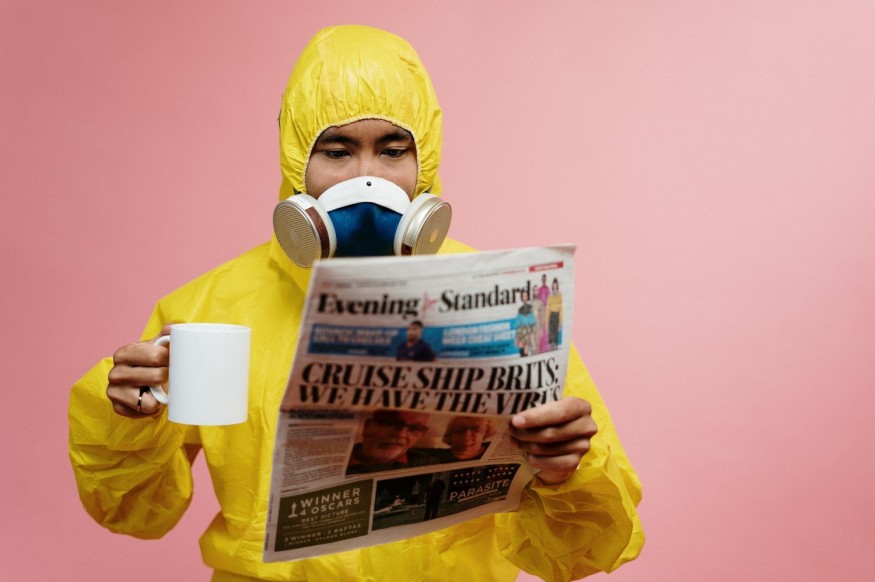
Hydroxychloroquine is an effective drug against malaria, but it isn't recommended against the Coronavirus Disease 2019 (COVID-19).
Although times like these call for an immediate response, hydroxychloroquine does not have enough scientific evidence. It may add to the growing number of COVID-19 cases and deaths. As of April 13, the US has 580,467 cases with 23,527 deaths.
According to the Central Intelligence Agency (CIA), hydroxychloroquine lacks scientific evidence. It has side effects, such as headache, stomach pain, loss of appetite and weight loss, irritability, skin rashes and itching, and hair loss.
However, it also has another side effect: sudden death. Mayo Clinic says, "the antimalarial drugs chloroquine and hydroxychloroquine, as well as the HIV drugs lopinavir and ritonavir, all carry a known or possible risk of drug-induced ventricular arrhythmias and sudden cardiac death."
Even with these side effects, hydroxychloroquine is still heaping praises from people.
Hailed online and around the world
The disinformation around hydroxychloroquine began in China sometime in January, said the Washington Post. Past studies that were tested as cures for severe acute respiratory syndrome were tweeted by the Chinese government and other media organizations.
There was one problem: the tests, which were conducted in 2005 by the Centers for Disease Control and Prevention, didn't make it to human trials. The Washington Post added the coronavirus research center in China's Wuhan said hydroxychloroquine and chloroquine "could be used to fight COVID-19," even if it didn't pass tests on mice.
READ: Scientists Found an Isolated Coronavirus Mutation in India That Could Threaten Vaccine Development
To prevent disinformation in the CIA, the organization warned its employees against taking the drug. It said strictly medical professionals with pending investigation studies could use hydroxychloroquine.
One notable organization that is using hydroxychloroquine and chloroquine to combat COVID-19 is the World Health Organization (WHO). Other labs and governments around the world are doing the same to figure out if the drug is effective against the pandemic.
The WHO licensed chloroquine for malaria prophylaxis and treatment as an oral or injectable trial for COVID-19 patients. In its landscape analysis of therapeutics, they discovered "chloroquine was found to block COVID-19 infection at low-micromolar concentration, with a half-maximal effective concentration." They recommend the drug for the next version of the trial.
Anthony Fauci, an infectious disease expert who was present in the CIA's daily briefings, also urges Americans to avoid hydroxychloroquine.
It "is a little bit of a red flag, not a clinical trial and did not look at the effect of chloroquine on humans," said David Boulware, who teaches medicine at the University of Minnesota.
Disinformation's consequences
Like the virus, news on hydroxychloroquine's capacity to cure COVID-19 spread to France, Nigeria, and Vietnam. It quickly became a hot topic on social media.
READ: In Ecuador, Grim Video Shows Bodies of Covid-19 Patients Left on The Streets
This was not the case in Brazil. Brazilian scientists stopped studying and administering hydroxychloroquine when 81 out of their 440 patients developed heart rhythm problems.
Meanwhile, in France, Sanofi pledges 100 million hydroxychloroquine doses to 50 countries. If it passes clinical tests, it will quadruple its manufacturing capacities. Sanofi argues "that there are no results from ongoing studies, and the results may be positive or negative."
© 2026 ScienceTimes.com All rights reserved. Do not reproduce without permission. The window to the world of Science Times.












